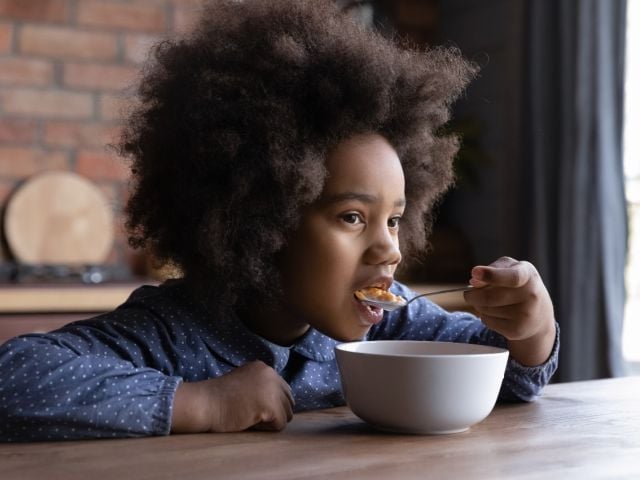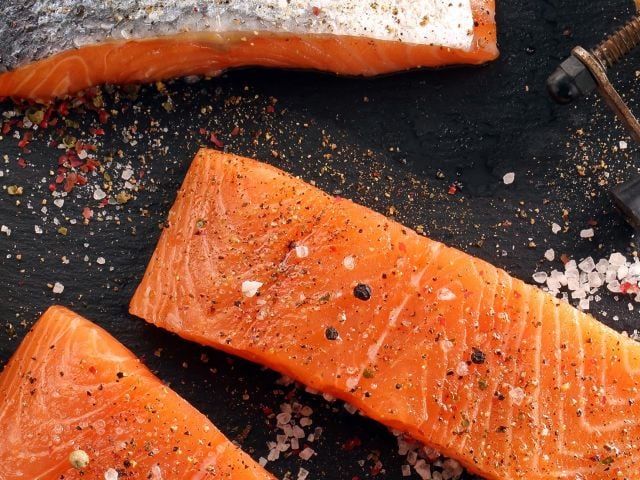Millions of people rely on EWG's Shopper's Guide to Pesticides in Produce to reduce their exposure to toxic synthetic pesticides used on fruits and vegetables. The alternative is buy organic.
News & Research
Stay informed. Stay healthy.
News
Research
The Wonderful Company among California’s top users of toxic weedkiller paraquat
The Wonderful Company, based in California, touts its “iconic, healthy” popular pomegranate juice and other products. But it’s also the state’s second-largest user of paraquat – a...
Consumer Guides
The information you deserve to make healthier choices
EWG's 2024 Shopper's Guide to Pesticides in Produce™
75 percent of non-organic fruits and vegetables sold in the U.S. are still riddled with the potentially toxic agricultural chemicals, according to the EWG’s 2024 Shopper’s Guide to Pesticides in...
EWG's Tips for Avoiding Pesticides
Pesticides are chemicals designed to kill living organisms that are considered pests, including insects, weeds and mold.
Even after washing fruits and vegetables, pesticide residues remain on...
Take Action
Join our fight
Featured Video
EWG Explains: Fungicides and Citrus
Did you know that popular citrus fruits, like oranges, grapefruit and mandarins, might also come with a dose of hormone-disrupting fungicides?
Topics
Explore related issues




















